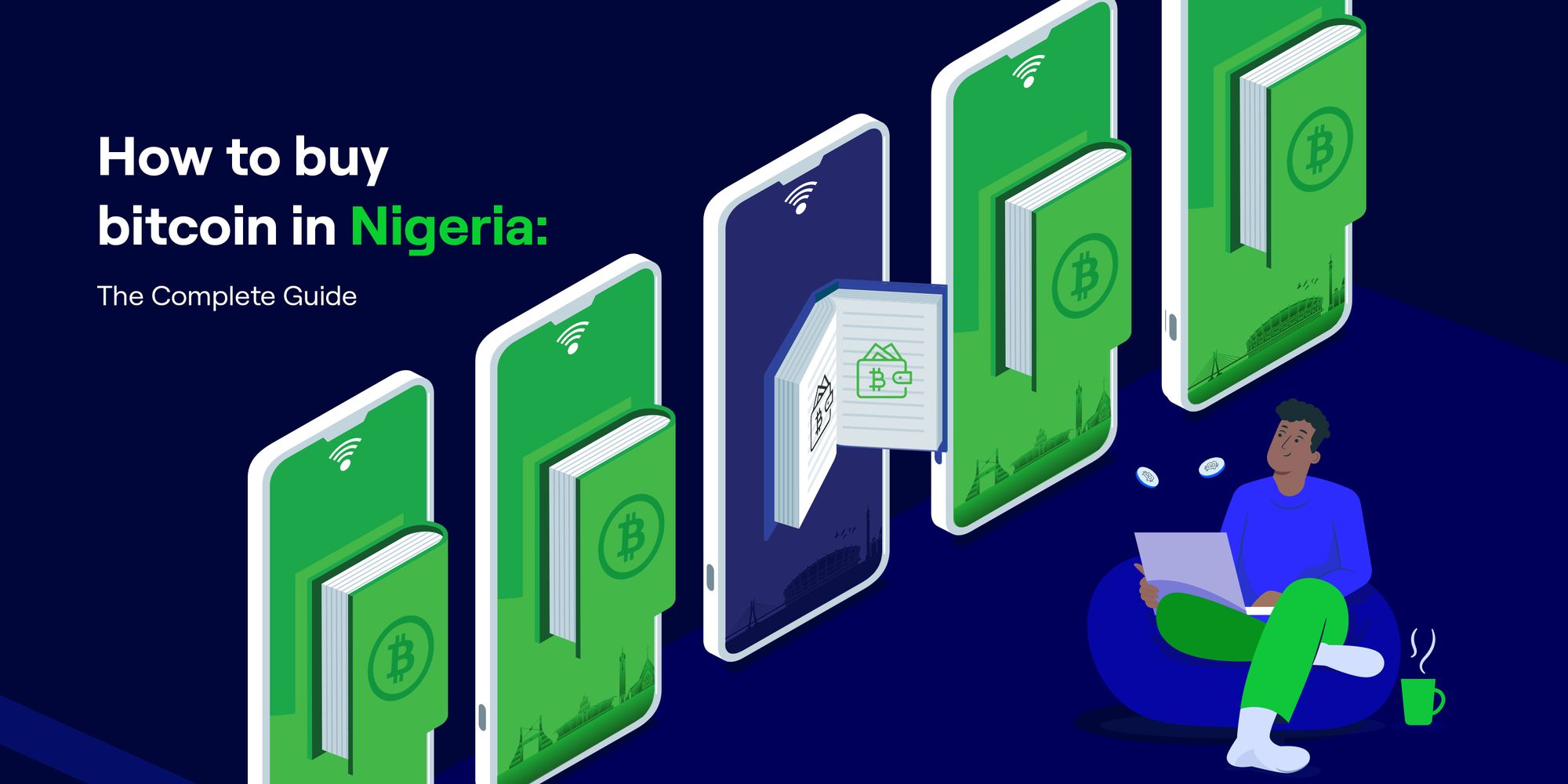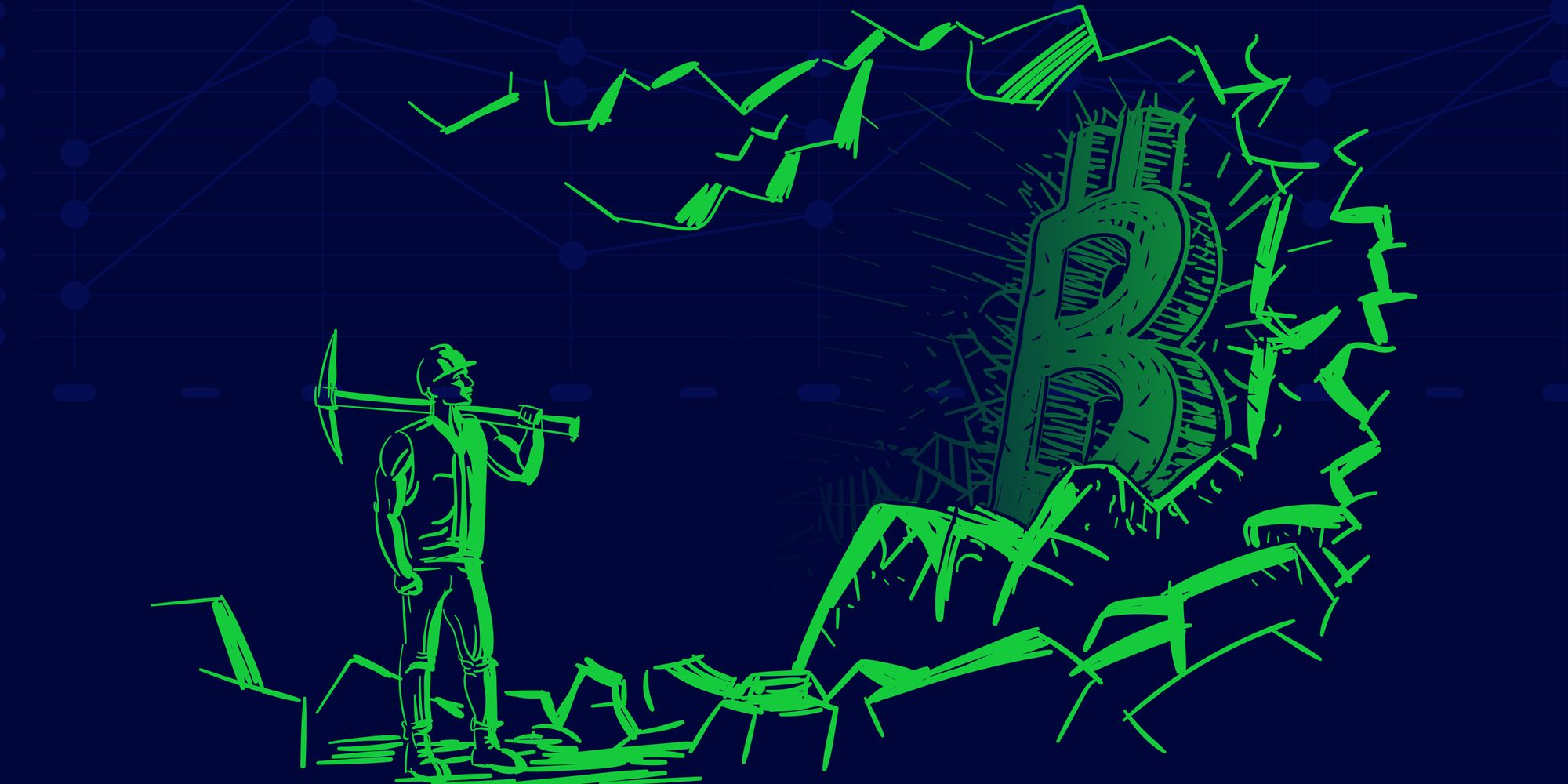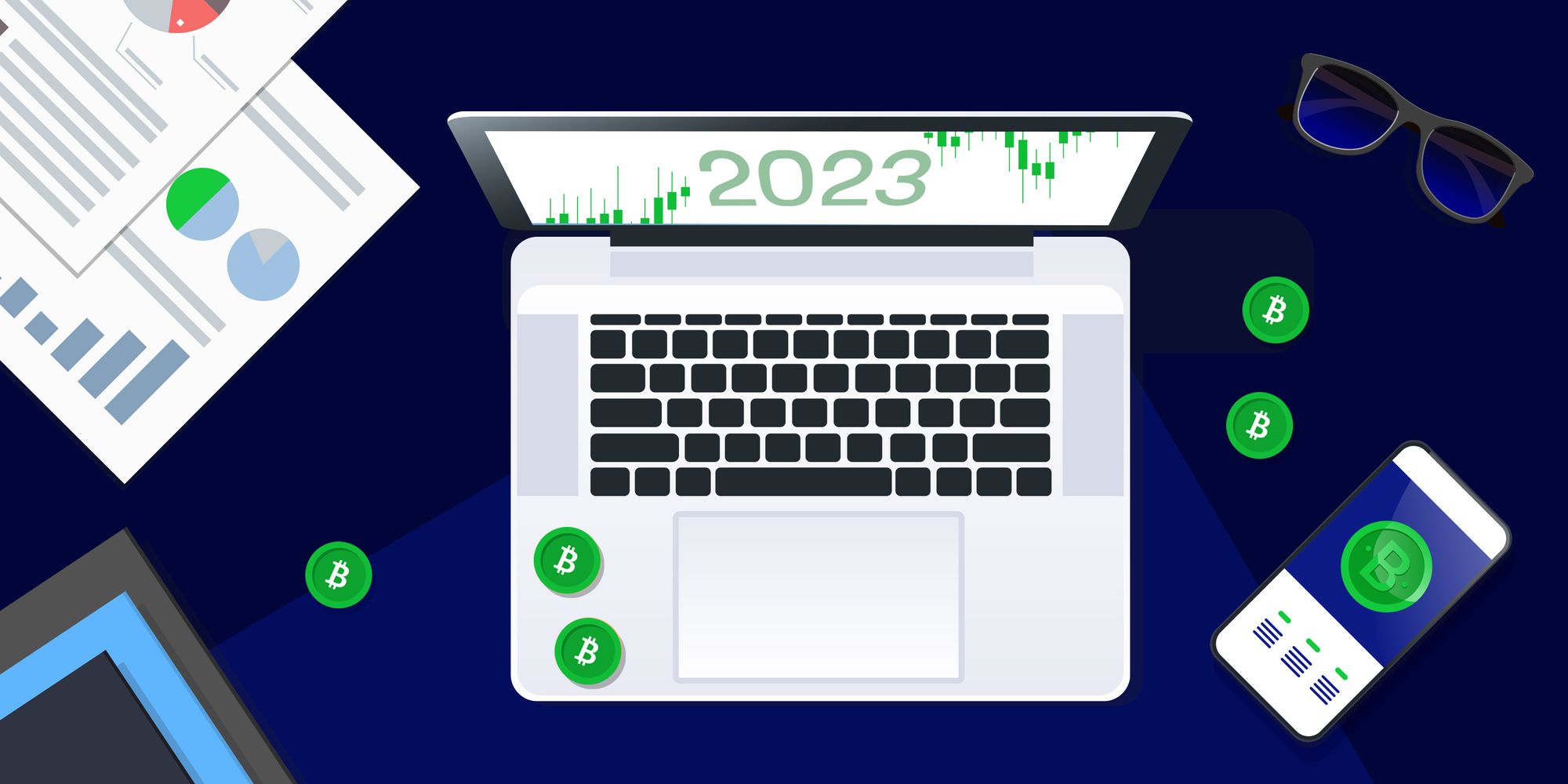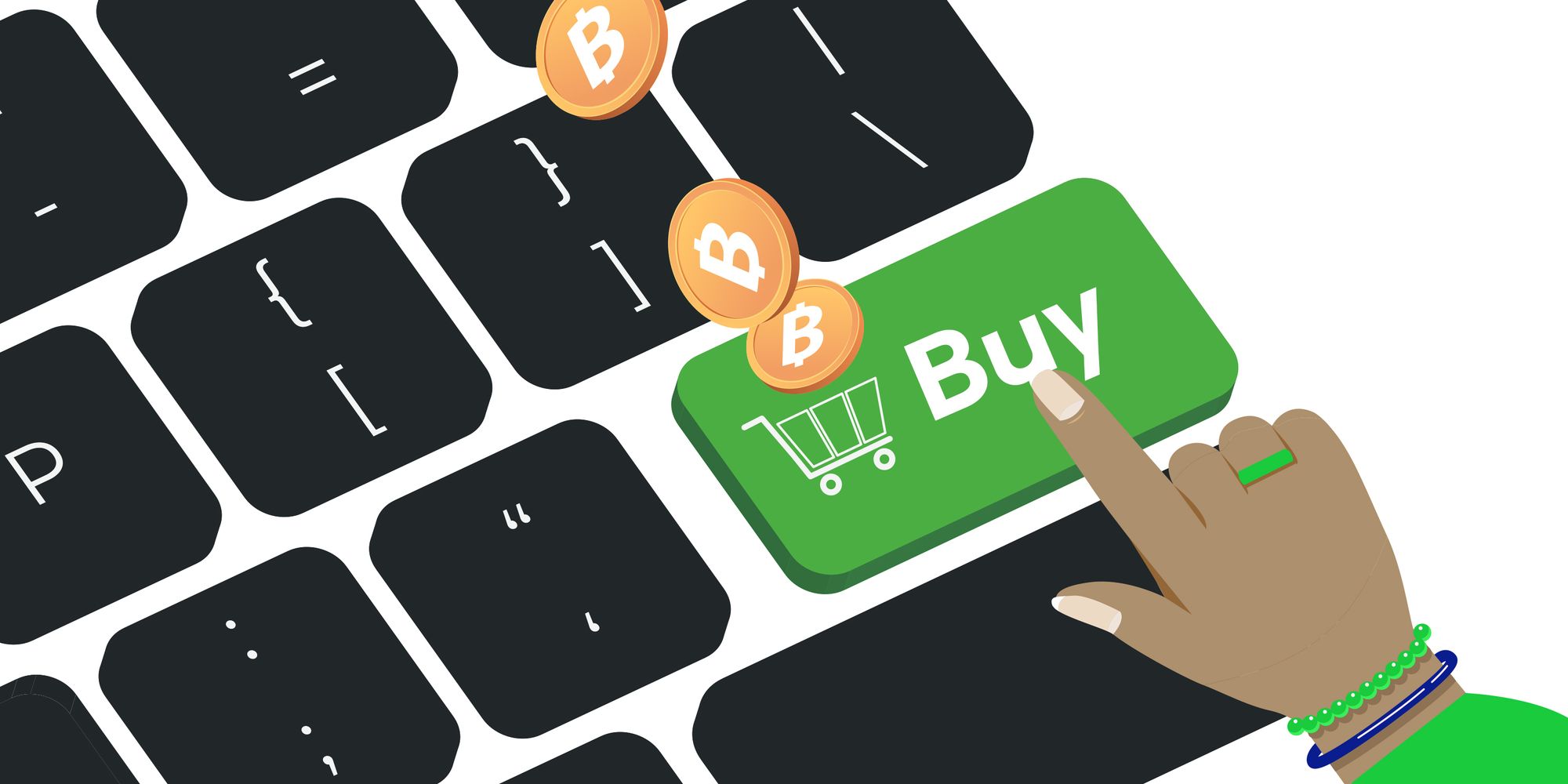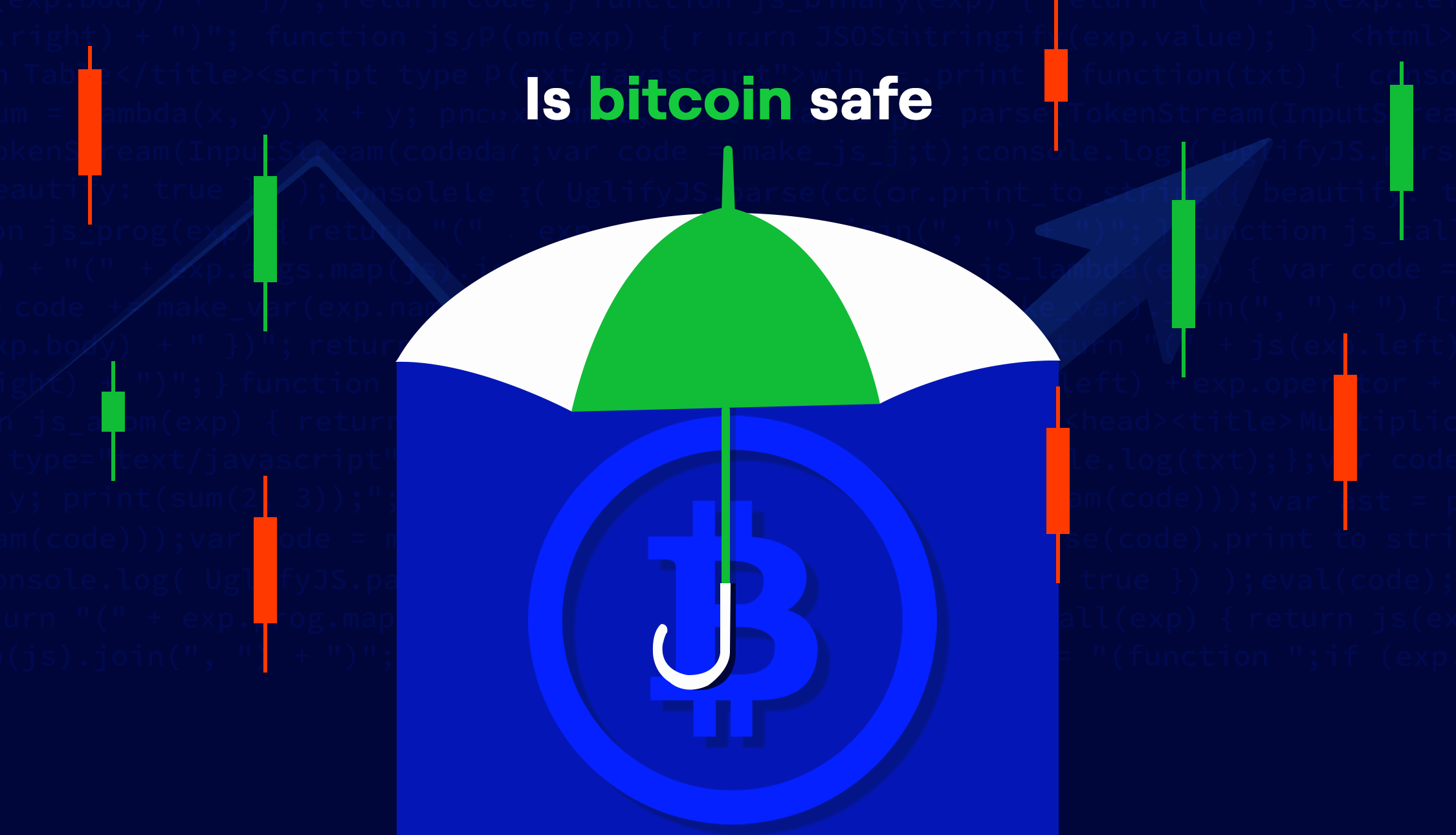
Is Bitcoin Safe? Everything You Need To Know as a Bitcoin Trader
Welcome to the world of Bitcoin, where money meets technology in a whole new way. You might have heard that Bitcoin is a big deal – and you're right! In fact, as of 2023, Bitcoin's total value is over $1 trillion, showing just how much people are into it. But with all the excitement, there's also an important question: Is Bitcoin safe, especially for those who like to trade it? That's what we're diving into in this blog post. Whether you're a pro at trading or starting, we're here to help you understand everything you need to know about keeping your Bitcoin safe and sound. Let's get started.
Brief overview of Bitcoin and its significance in the financial world
Bitcoin is a type of digital money different from the coins or bills we're used to. It's all online, and what makes it special is that it's not controlled by any government or company. Instead, it runs on blockchain technology, like a secure digital ledger that keeps track of all transactions. This has a significant impact because people can trade and do business without banks or intermediaries. Bitcoin has a limited supply, like gold – there will only be 21 million Bitcoins. This scarcity has led some people to consider it a way to protect their money from inflation. Bitcoin is significant because it challenges how we think about money, giving individuals more control and opening up new possibilities for buying, selling, and investing.
Understanding Bitcoin's Legitimacy and Safety
Is Bitcoin safe?
Yes, generally speaking, Bitcoin is safe. It's built on a secure technology called blockchain, making tampering with transactions hard. However, like anything online, there are risks. Hackers can try to steal your Bitcoin if you're not careful. Also, since Bitcoin's value can go up and down a lot, there's a risk of losing money if you're not careful with trading. So, while Bitcoin has its safety features, it's important to be cautious and use secure practices when dealing with it. We will speak about some of the secure practices in this blog post.
Is Bitcoin legal?
Yes, in most countries, Bitcoin is legal. It's not considered illegal just because it's a digital currency. However, the legality of Bitcoin can vary from place to place. Some countries have embraced and regulated it, while others might have restrictions. It's a good idea to check the laws in your country to ensure you're on the right side when it comes to using and trading Bitcoin.
As of the time of writing this blog post, many countries, including Nigeria, the United States, Canada, Japan, the United Kingdom, Australia, and most of the European Union member states, have recognized Bitcoin as legal and have regulations to govern its use.
On the other hand, some countries, such as China, have imposed restrictions or outright bans on using cryptocurrencies like Bitcoin. In China, for instance, financial institutions are prohibited from providing services related to cryptocurrencies.
However, remember that regulations and legal status can change over time. It's essential to stay updated with the latest developments in your country's stance on Bitcoin and cryptocurrencies to ensure compliance with local laws. Always consult official government sources or legal experts for the most accurate and up-to-date information.
Ensuring the Security of Your Bitcoin
How do you keep your Bitcoin safe?
Keeping your Bitcoin safe involves implementing secure practices and using trusted storage methods. Here's how to keep your Bitcoin safe and the safest ways to store it:
- Use Hardware Wallets: Safeguard your Bitcoin by utilizing hardware wallets. These devices keep your private keys offline, protecting them from online threats like hacking and malware. They also provide an added layer of security by generating private keys offline.
- Choose Reputable Wallets: Opt for reputable software wallets known for their security features and regular updates. Prioritize wallets with a strong reputation and positive user reviews—research wallet providers to ensure their credibility and security practices.
- Backup Regularly: Back up your wallet and store backup copies in multiple secure locations. This strategy ensures you can recover your Bitcoin if your device is lost or stolen. Remember to securely store and test your recovery process to avoid potential pitfalls.
- Enable 2FA: Enhance your account security by enabling Two-Factor Authentication (2FA). This authentication method adds an extra layer of protection, requiring a second piece of information (often from your phone) to access your accounts.
- Keep Software Updated: Maintain the security of your Bitcoin-related Software by keeping it up to date. Regular updates often include security patches that shield against vulnerabilities.
- Beware of Phishing: Stay vigilant against phishing attempts. Be cautious of unsolicited messages and emails. Always verify the sender's email address and avoid clicking on suspicious links.
- Secure Your Devices: Strengthen the security of your devices by using strong passwords and PINs. Consider utilizing biometric locks if available. Keep your devices locked and employ encryption for an added layer of protection.
- Avoid Public Wi-Fi: When accessing your Bitcoin accounts, refrain from using public Wi-Fi networks. These networks can expose your information to potential hackers. If you must use public networks, consider a virtual private network (VPN) for added security.
- Verify Transactions: Thoroughly verify recipient addresses before sending Bitcoin. Double-check the address visually and by copy-pasting to avoid mistyped addresses that can lead to irreversible losses.
What are the safest ways to store Bitcoin?
If you want to store your Bitcoin safely and access your crypto more quickly, choose a crypto exchange or hot crypto wallet. Cold storage or paper wallets are ideal options if you'd like to focus more on security and storing cryptocurrency offline. Here are the most secure methods for storing your Bitcoin:
- Crypto Exchanges: Storing your Bitcoin in a crypto exchange provides a convenient solution, allowing easy access to your digital assets for trading and transactions.
- Hardware Wallets: Hardware wallets store and generate your private keys offline, rendering them immune to online threats and malware attacks.
- Paper Wallets: Consider using paper wallets as an offline storage option. However, remember that paper wallets can be physically damaged or lost, so careful storage is essential.
- Cold Storage: Embrace cold storage for maximum security. Cold storage involves keeping your private keys completely offline, protecting them from online vulnerabilities. Remember that accessing Bitcoin from cold storage can be less convenient for frequent transactions.
- Multi-Signature Wallets: Opt for multi-signature wallets requiring multiple private keys to authorize a transaction. This approach adds an extra layer of security by distributing control among multiple parties.
- Encrypted USB Drives: Safely store your private keys on encrypted USB drives. Disconnect the drive from your computer when not in use to minimize exposure to potential threats.
- Diversification: Enhance security by diversifying your storage methods. Divide your Bitcoin holdings among different storage options to reduce the impact of potential risks.
By following these practices and adopting secure storage methods, you can better ensure the safety of your Bitcoin holdings. Remember that security requires continuous vigilance and education about the evolving landscape of cryptocurrency threats and protections.
How to Store Your Bitcoin Securely with Busha
When securely storing your Bitcoin, Busha offers a reliable and user-friendly solution. With its commitment to providing a safe environment for cryptocurrency enthusiasts, Busha ensures that your assets are safeguarded through stringent security measures. Here's how you can store your Bitcoin safely with Busha:
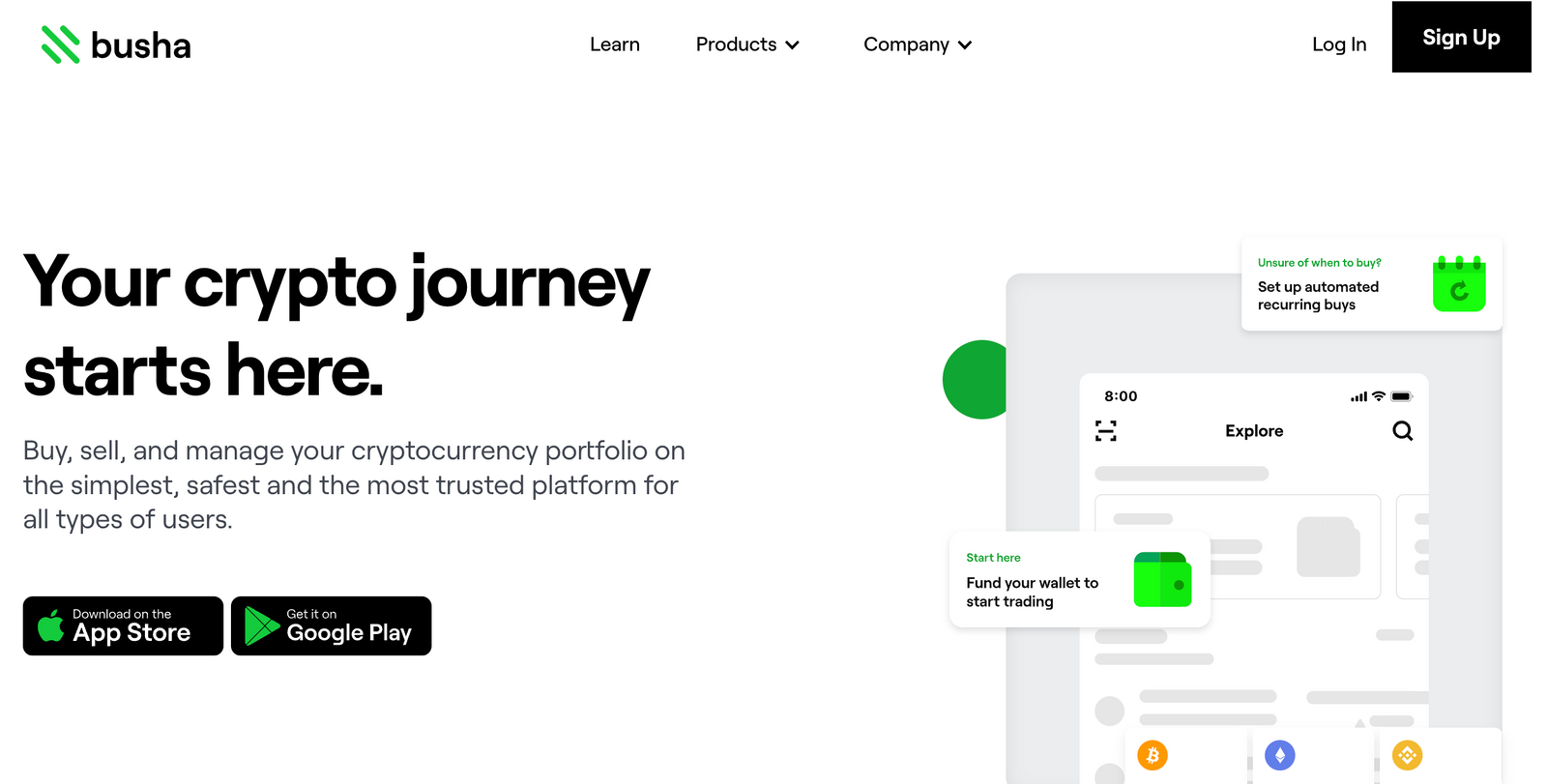
- Sign Up and Verification:
- Begin by signing up for a Busha account and completing the verification process.
2. Create a Wallet and Deposit Funds:
- Navigate to the "Portfolio" section and select "Naira."
- Click "Add Cash" to fund your wallet with Naira.
- Choose the "Connect" option for trustworthy cash deposits.
- Enter the desired deposit amount and select a payment account.
- Confirm the payment and complete the bank transfer within 15 minutes.
3. Buy Bitcoin:
- After funding your account, explore the platform to find Bitcoin.
- Add Bitcoin to your watchlist and specify the desired amount.
- Confirm your order and place the buy order.
- Your purchased Bitcoin will appear in your wallet immediately.
4. Utilize Secure Wallets:
- Busha offers secure wallets to store your Bitcoin and other cryptocurrencies.
- These wallets are designed with robust security measures to protect your assets.
5. Monitor Your Portfolio:
- Keep track of your Bitcoin holdings and portfolio performance through the Busha platform.
- Stay informed about market trends and make informed decisions.
6. Take Advantage of Security Features:
- Busha prioritizes the safety of users' funds with advanced security measures.
- Regularly update your account credentials and enable Two-Factor Authentication (2FA) for added security.
7. Explore Additional Features:
- Busha offers diverse features such as recurring buys, limit orders, and yield opportunities.
- Take advantage of these features to enhance your trading and investment strategies.
8. Access Customer Support:
- If you have any questions or concerns, Busha provides 24/7 human customer support.
- Get assistance whenever you need it to ensure a smooth experience.
By following these steps and utilizing the secure wallets provided by Busha, you can confidently store your Bitcoin in a safe and protected environment. Busha's focus on security, user-friendliness, and a wide range of features makes it a trusted platform for storing and managing your Bitcoin and cryptocurrency assets.
Some Helpful Bitcoin Resources
